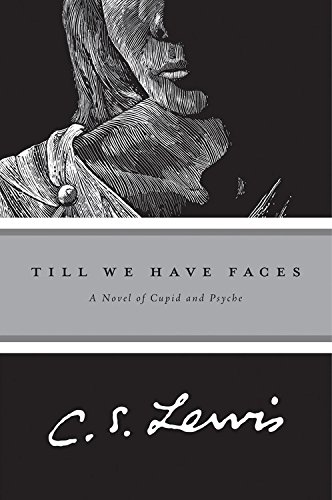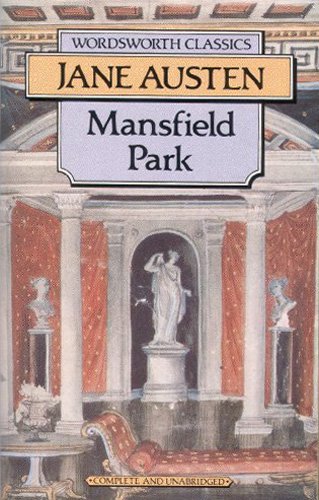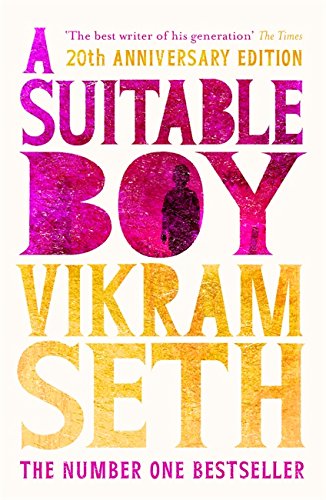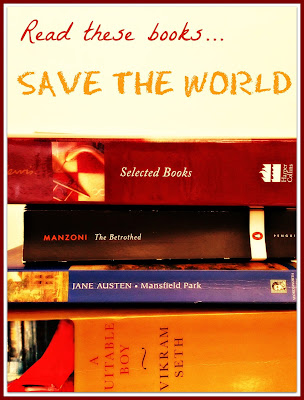Saint John Paul II called our culture a culture of death, and unfortunate as it seems, I think he expressed exactly the mood of the Western World. It is not simply a case of specific legislation, I do think it is a mood. A gloominess in which we wallow. We like to see mankind through its lowest common denominator of greed, envy or lust, we deny free will, we reduce beings with immortal souls into puppets unable to resist temptation or genetics.
The problem is clearest in fiction. For some reason, the only way for any fiction to be accepted as "realistic" is for it to be mired in just the same gloom, just the same bleakness with which we insist on surrounding ourselves. In fact, more so!
Look at Game of Thrones!
Actually, don't do that, don't look at Game of Thrones. Or do it, bearing in mind it is certainly not the hyper realism it purports to be. Just because it shows evil and violence, it doesn't mean it is true. It is truncated realism. It is only the bad parts of humanity. The Fall without Redemption. Look at it, but read these four books as well.
1: Till We Have Faces, C.S. Lewis
There is an excellent way to describe this book to music nerds. Basically, this is like a literary equivalent of Wagner's Tristan und Isolde. When I watched the opera, I did feel the weight of the "awful quarters of an hour" Wagner is famous for, just as when I read Lewis, I did feel the urge to tell him to get to the point already. But just like Tristan und Isolde is suddenly redeemed by its last notes, filtering back to the previous five hours and infusing them with meaning and beauty, so the final pages of Till We Have Faces suddenly offer insights, parallels and beauty I was too cross to see beforehand.
It is a haunting book, where metaphors and images are weaved so skilfully together that the mastery escapes the reader until the very end, until the literal apotheosis. Lewis believed that metaphors were the only way to get to the truth, and nowhere does he manage this quite so absolutely. To say things directly is to diminish them, to say them obliquely offers a glimpse of the Truth (I think I am paraphrasing someone here). And that is exactly what this book is. A glimpse of the Truth, much needed in our relativistic, cynical (Lewis would say saturnine) world.
2: Mansfield Park, Jane Austen
This book is generally the most decried of Austen's novels. Critics in particular wonder at her sudden puritanism, especially in her condemnation of theatre. Yet it is the most delicate study of character, using all the meanings of the term.
In Jane Austen's time, your character was a societal responsibility, the outside appraisal of your mental and moral qualities. Some of Austen's characters lose their characters, some uphold theirs against all odds, depending on the inward state of their true character, their actual moral qualities.
The perniciousness of theatre here comes from the possibility for the actors to put on a mask, a different character, which is not theirs, to do as they please without damaging their character in society. But if their outward character may be preserved, their inner morals cannot. And it is only a matter of time until the outward character follows suit once the inner moral is lost. What we do, no matter the guise under which we do it, impacts our selves. It matters dreadfully. And that is a lot more realistic than all the crowned villains of literature. Austen understood that. So did Rousseau in his Lettre A d'Alembert, another case where the accusation of puritanism levied at the author protected the readers from seeing the mirror which they were offered. A priceless lesson to learn for our troubled times.
3: The Betrothed, Alessandro Manzoni
Typically enough, if you look at the Wikipedia page for this book, they are very keen to tell you about the condemnation of Austrian rule in the novel, but they completely overlook its actual subject matter: redemption and salvation. In this book you can find all the intricacies and all the realism of power politics and how they impact the lives of the humble, but it is a complete story. The ugly interplay of power and religion is depicted, but so is the salvific aspect of religion. Now THAT is realistic.
Manzoni also has a true genius for creating characters that make us reflect on our own failings: the array of priests and religious he describes in particular is rich and subtle, far from the monochrome all-good/ all-evil you generally find in literature when describing the Catholic clergy. I also have a huge soft spot for Renzo, who is a rare breed of positive, yet not flawless, yet quite relatable and realistic character. Love Renzo.
4: A Suitable Boy, Vikram Seth
Some years back, I remember noticing that my neighbour on the metro was reading this book. I deliberated breaking all my rules of keeping quiet and unnoticed on public transport to share how much I loved the book. But by the time I had made my mind up, it was my stop, unfortunately. Oh well. He was reading it in French anyway.
What this novel describes better than any other is families, the interactions, the bond they represent and their true ordered place in society (i.e, right in the centre). That is why Lata gives the fruit to the old monkey (sorry it's cryptic, I don't want to spoil the plot, come back after you've read it and it'll make sense). She's choosing family. And that is what modern Meenakshi fails to grasp when she orders the medal to be melted. One choice is ordered and truly made, the other is guided by impulse and sensuality, not a free choice. And yet, if one simply looks at a summary of the plot, it would seem Lata makes the oppressed choice whilst Meenakshi's is the free one. Which is why it is necessary to go through all 1500 pages. For that and for Rupa Mehra. Who is basically all the Meditarranean mamas in my life.
Of course, I could add quite a few more, but these are books that stay with you, and truly offer insights into life. They talk of human misery, of fallen-ness, of loss and hurt. But they don't need any gratuitous shock, blood and rape to do so, nor do they make it the whole story.







![By Sarah Stierch (http://www.flickr.com/photos/sarahvain/9210246057/) [CC BY 2.0 (http://creativecommons.org/licenses/by/2.0)], via Wikimedia Commons](https://upload.wikimedia.org/wikipedia/commons/9/9b/Cream_and_treats_at_the_Witchery_-_Edinburgh_-_Stierch.jpg)








_L'_EUROPE_SOUS_NAPOLEON_1_(1812).jpg)
![By Originally created by User:San Jose. Modified by User:ArmadniGeneral and User:Kjetil_r [GFDL (http://www.gnu.org/copyleft/fdl.html) or CC-BY-SA-3.0 (http://creativecommons.org/licenses/by-sa/3.0/)], via Wikimedia Commons](https://upload.wikimedia.org/wikipedia/commons/9/95/Western_Europe_WW2.png)






![By Made by Halibutt in the GIMP (Own work) [GFDL (http://www.gnu.org/copyleft/fdl.html) or CC-BY-SA-3.0 (http://creativecommons.org/licenses/by-sa/3.0/)], via Wikimedia Commons](https://upload.wikimedia.org/wikipedia/commons/6/67/Kobryn.png)
![James Yardley [CC BY-SA 2.0 (http://creativecommons.org/licenses/by-sa/2.0)], via Wikimedia Commons](https://upload.wikimedia.org/wikipedia/commons/d/d2/Pick_'n'_Mix_-_geograph.org.uk_-_1441291.jpg)

![By Miguel Angel Chong (Own work) [CC BY-SA 3.0 (http://creativecommons.org/licenses/by-sa/3.0) or GFDL (http://www.gnu.org/copyleft/fdl.html)], via Wikimedia Commons](https://upload.wikimedia.org/wikipedia/commons/7/73/Ordenaci%C3%B3n20090002.jpg)